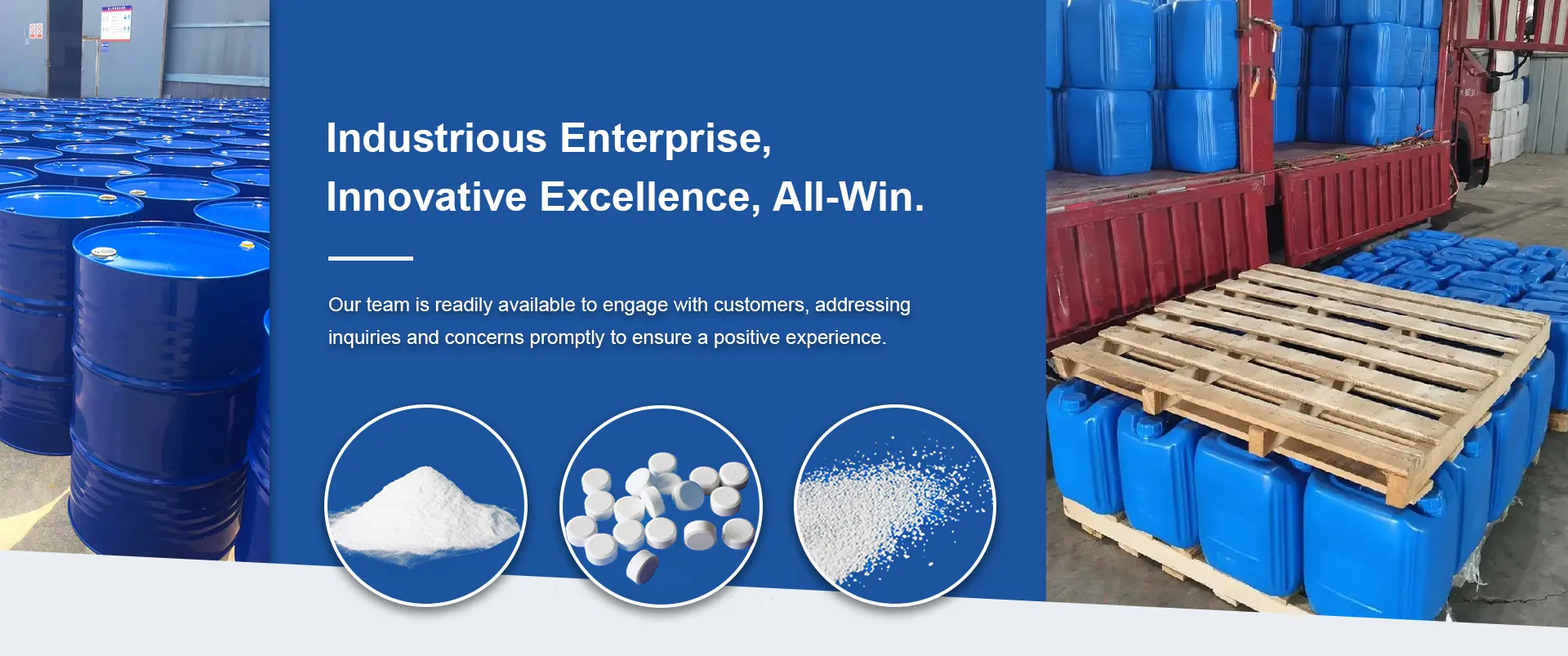
zinc fertilizer
The Importance of Zinc Fertilizer for Crop Production
Zinc is an essential micronutrient that plays a critical role in plant growth and development. Despite being required in relatively small amounts, zinc is indispensable for various physiological and biochemical processes in plants. The use of zinc fertilizer has become increasingly important as the demand for high-yield crops continues to rise due to global population growth and changing dietary needs.
Zinc is a crucial component of several enzymes involved in metabolic processes, including those responsible for carbohydrate metabolism, protein synthesis, and the regulation of auxins, which are vital plant hormones. Deficiency in zinc can lead to stunted growth, reduced crop yields, and increased susceptibility to diseases. Farmers around the world are recognizing the significance of zinc in maintaining soil health and optimizing crop performance, particularly in regions where soil zinc levels are naturally low.
Soil depletion and intensive farming practices often result in lower zinc availability. Crops such as wheat, rice, and maize, which are staple foods globally, have shown a notable decline in zinc concentrations. This issue not only affects agricultural productivity but also contributes to human health problems, as zinc deficiency in crops can lead to inadequate dietary intake in populations that rely heavily on these staples. According to the World Health Organization, zinc deficiency is associated with various health issues, including impaired immune function and increased morbidity and mortality in children.
To combat these challenges, the application of zinc fertilizers has emerged as a practical solution. Zinc fertilizers can be applied to the soil or as foliar sprays to enhance the zinc content in plants. Different forms of zinc fertilizers are available, including zinc sulfate, zinc oxide, and chelated zinc, each with varying degrees of effectiveness based on soil type and crop species. The choice of fertilizer depends on factors such as soil pH, organic matter content, and the specific crop requirements.
zinc fertilizer

In addition to improving crop yields and quality, the application of zinc fertilizers can contribute to sustainable agricultural practices
. By enhancing the nutritional profile of crops, farmers can not only maximize their profits but also promote better health outcomes among consumers. Sustainable agricultural practices that integrate micronutrient management are essential for food security and the overall well-being of communities.Research continues to investigate the optimal application rates and methods for zinc fertilizers, aiming to maximize efficiency and minimize environmental impact. Precision agriculture technologies allow for the targeted application of fertilizers based on soil tests and crop needs, ensuring that zinc is supplied exactly where and when it is needed. This not only improves crop yields but also reduces the risk of nutrient runoff and soil degradation.
Moreover, education and awareness regarding zinc deficiency in crops and its consequences for human health are critical. Farmers, agronomists, and policymakers must work collaboratively to promote the responsible use of zinc fertilizers and integrate them into broader nutrient management strategies. Extension services and educational programs can play a vital role in disseminating knowledge about the importance of zinc in agriculture and the methods of effectively incorporating it into farming practices.
In conclusion, zinc fertilizer is a vital component in modern agricultural practices, addressing both crop production challenges and nutritional deficiencies. As the world faces increasing pressure to produce more food sustainably, the role of micronutrients like zinc cannot be overlooked. By investing in zinc fertilizer application and education, we can enhance food security, improve public health, and promote the sustainability of agricultural systems worldwide.
-
Pure Sodium Dichloroisocyanurate Dihydrate | Powerful DisinfectantNewsAug.29,2025
-
Industrial Chemicals: Quality & Purity for Every IndustryNewsAug.28,2025
-
Nitrile Rubber Honoring Strict Production StandardsNewsAug.22,2025
-
Aspartame Ingredients Honoring Food Safety ValuesNewsAug.22,2025
-
Fertilizer for Balanced Plant NutritionNewsAug.22,2025
-
Cyanide Gold Processing with High Purity AdditivesNewsAug.22,2025
-
Formic Acid in Textile Dyeing ApplicationsNewsAug.22,2025
Hebei Tenger Chemical Technology Co., Ltd. focuses on the chemical industry and is committed to the export service of chemical raw materials.
-

view more DiethanolisopropanolamineIn the ever-growing field of chemical solutions, diethanolisopropanolamine (DEIPA) stands out as a versatile and important compound. Due to its unique chemical structure and properties, DEIPA is of interest to various industries including construction, personal care, and agriculture. -

view more TriisopropanolamineTriisopropanolamine (TIPA) alkanol amine substance, is a kind of alcohol amine compound with amino and alcohol hydroxyl, and because of its molecules contains both amino and hydroxyl. -

view more Tetramethyl Thiuram DisulfideTetramethyl thiuram disulfide, also known as TMTD, is a white to light-yellow powder with a distinct sulfur-like odor. It is soluble in organic solvents such as benzene, acetone, and ethyl acetate, making it highly versatile for use in different formulations. TMTD is known for its excellent vulcanization acceleration properties, which makes it a key ingredient in the production of rubber products. Additionally, it acts as an effective fungicide and bactericide, making it valuable in agricultural applications. Its high purity and stability ensure consistent performance, making it a preferred choice for manufacturers across various industries.





